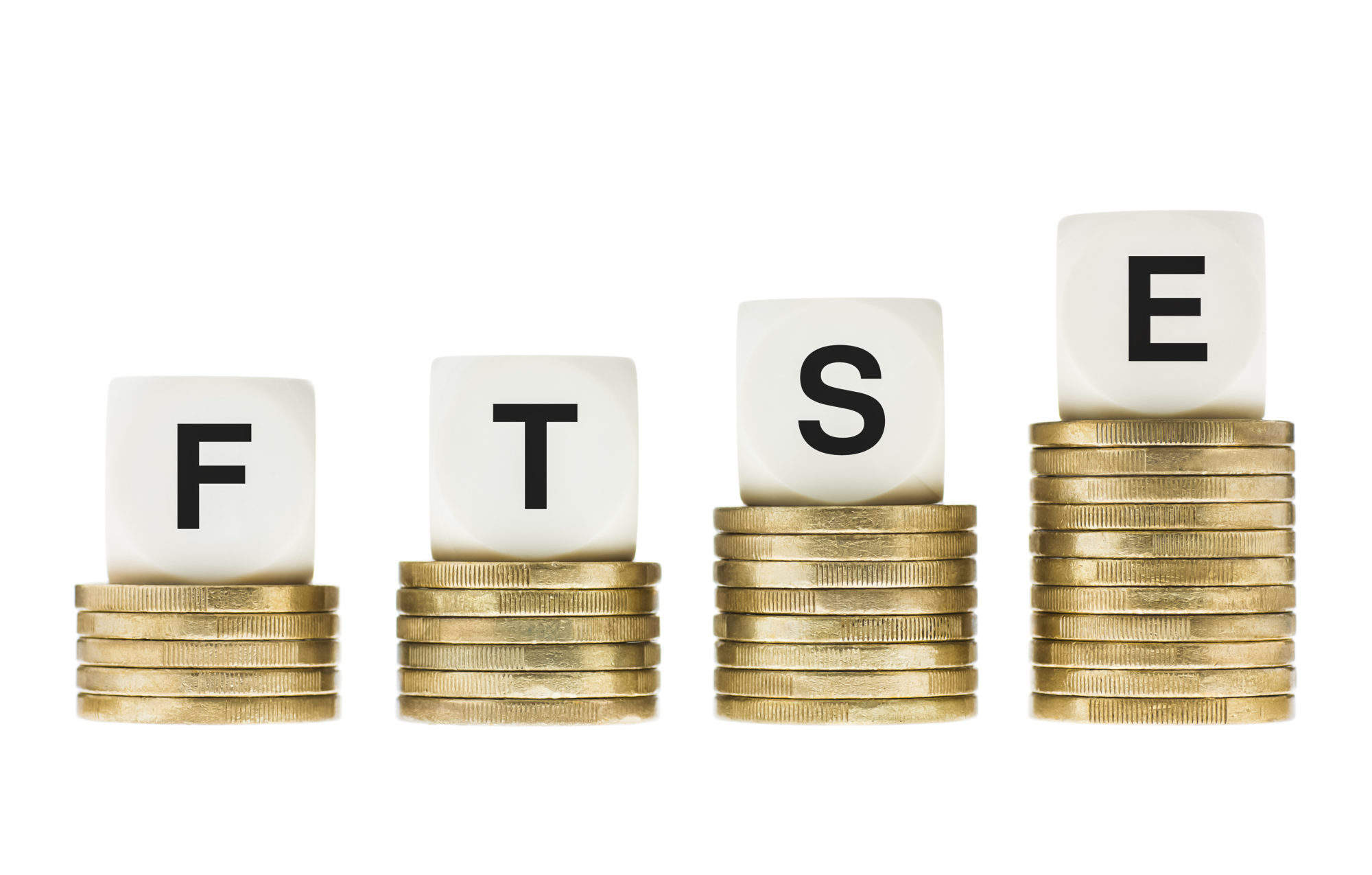
The mean pay of FTSE 100 CEOs increased by 23% between 2016 and 2017, according to research conducted by the CIPD and the High Pay Centre.
During the same period, the mean salary of all UK workers increased by 2.5%, bringing average earnings up to £29,009.
Meanwhile the weakened pound, as a result of Britain voting to leave the EU, pushed inflation to a high of 3.1% in November 2017.
The squeeze on consumer purchasing power has since had some respite, with inflation – as measured by the Consumer Price Index – dropping to 2.4% April to June and average earnings rising by 2.7%.
However, with inflation today rising to 2.5%, households will see further erosion of their pay packets as the cost of transport and raw materials increased significantly.
FTSE 100 CEO salary “deeply unsettling”
The disproportionately high pay rise for top executives has drawn criticism from the investor community and Government.
How well do you really know your competitors?
Access the most comprehensive Company Profiles on the market, powered by GlobalData. Save hours of research. Gain competitive edge.

Thank you!
Your download email will arrive shortly
Not ready to buy yet? Download a free sample
We are confident about the unique quality of our Company Profiles. However, we want you to make the most beneficial decision for your business, so we offer a free sample that you can download by submitting the below form
By GlobalDataRachel Reeves MP, and chair of the Business, Energy and Industrial Strategy Committee, which is managing an enquiry on ‘Corporate Governance – Delivering on fair pay’, said excessive executive pay “undermines” public trust in companies.
“When CEOs are happily banking ever larger bonuses while average worker pay is squeezed, then something is going very wrong,” she said.
“Recent revolts on pay awards show that shareholders are increasingly sharing this frustration at unjustifiable pay awards. Executive pay must match performance.”
In the financial year ending 2017, the highest paid CEO was Jeff Fairburn of housebuilders Persimmon.
The CEO’s received £47.1m, 22 times more than his previous year’s pay. Persimmon’s share price fell 32% in July 2016 before recovering to April 2016 levels by the end of the financial year.
Luke Hildyard, director of the High Pay Centre, called the CEO and ordinary worker pay gap “deeply unsettling”.
“How pay is distributed within organisations has a big effect on living standards, and by many measures, the UK is one of the most unequal countries in Europe,” he said.
“Big CEO pay increases reflect poorly on corporate culture and accountability and suggest that bolder reforms to corporate governance may be needed. In this light, the weakening of plans to give workers representation on company boards could be misguided.”
Calls for Government to step in
In June the Government announced new regulations to force premium listed companies to disclose their CEO to workforce pay ratio. The CIPD report found that the CEO to worker pay ratio is 145:1, an increase from the previous year (128:1 in 2016).
The CIPD and High Pay Centre have called for these measures to be introduced immediately rather than its 2019 implementation date.
It also called for remuneration reports to be reduced in length and complexity so that they can be more easily scrutinised.
Peter Cheese from the CIPD said that CEO success should not be determined by financial success alone.
“Boards and Remuneration Committee Chairs need to ensure that CEOs are rewarded for delivering genuine long-term value for the company,” he said.
“If Boards and Remuneration Committee chairs are so out of touch they are prepared to waive through off-the-scale reward packages, then shareholders must strike back and hold them to account.
“If businesses don’t step up on executive pay, then Government will need to step in”.
The report, Executive pay: review of FTSE 100 executive pay, also found that while women make up 7% of FTSE 100 CEOs, they earn just 3.5% of total pay.




